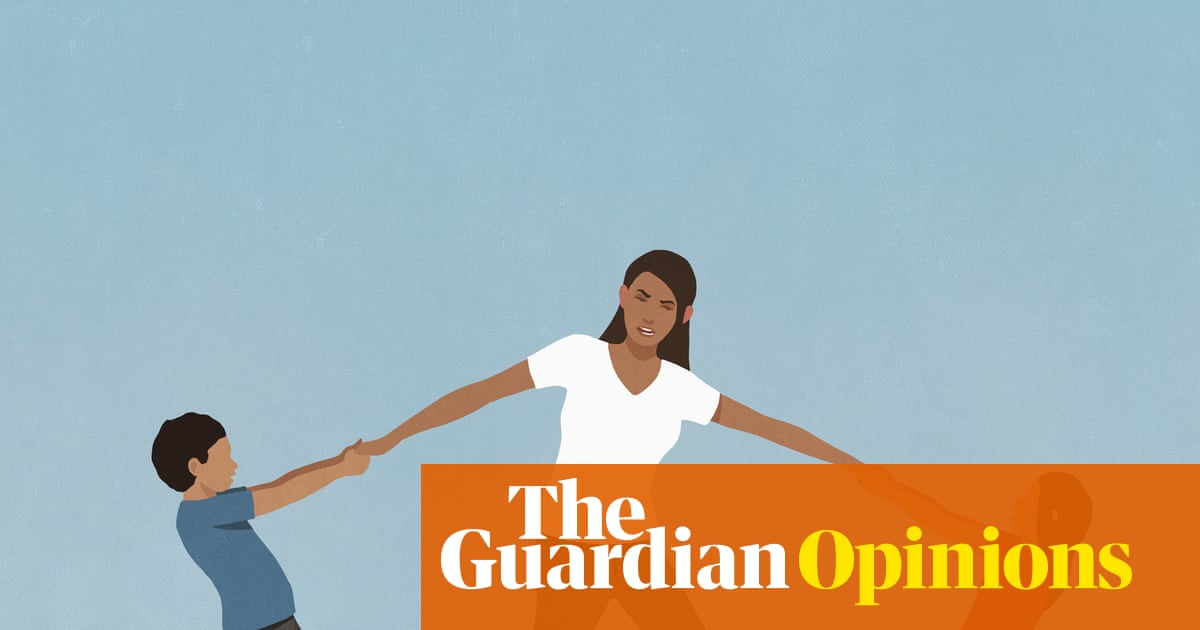
"I haven't slept for seven-and-a-half years at least, it feels that way. The TV, rotating between Bluey, The Wiggles and K-pop Demon Hunters (when the toddler is napping), has been on for days as we battle yet another winter lurgy that drains me yet barely touches the surface of my two daughters, who vomit on the carpet one minute then ask for ice-cream the next."
"The psychologist Herbert Freudenberger first popularised the term burnout in the 1970s after he experienced his own collapse while working punishing hours at a free substance abuse clinic in New York. He noticed the same exhaustion and disillusionment in fellow caregivers, whose state reminded him of the very addicts they were treating. Once shorthand for drug overuse, burnout was reimagined by Freudenberger to capture the toll of relentless caregiving."
A parent experiences relentless sleep deprivation and chronic exhaustion while caring for two young children who frequently fall ill, creating constant domestic chaos and no respite. Repeated childhood illnesses trigger fevers, vomiting, conjunctivitis and immune development, while household hygiene and clean clothes deteriorate. A gastro illness exacerbates an existing chronic condition, producing the worst health flare since diagnosis. Nighttime panic and adrenaline prevent restorative sleep, producing ongoing nervous exhaustion. The historical treatment of exhausted caregivers included seaside rest and opium tinctures, while modern discourse largely reframes burnout as a workplace problem, marginalising domestic caregiving.
Read at www.theguardian.com
Unable to calculate read time
Collection
[
|
...
]